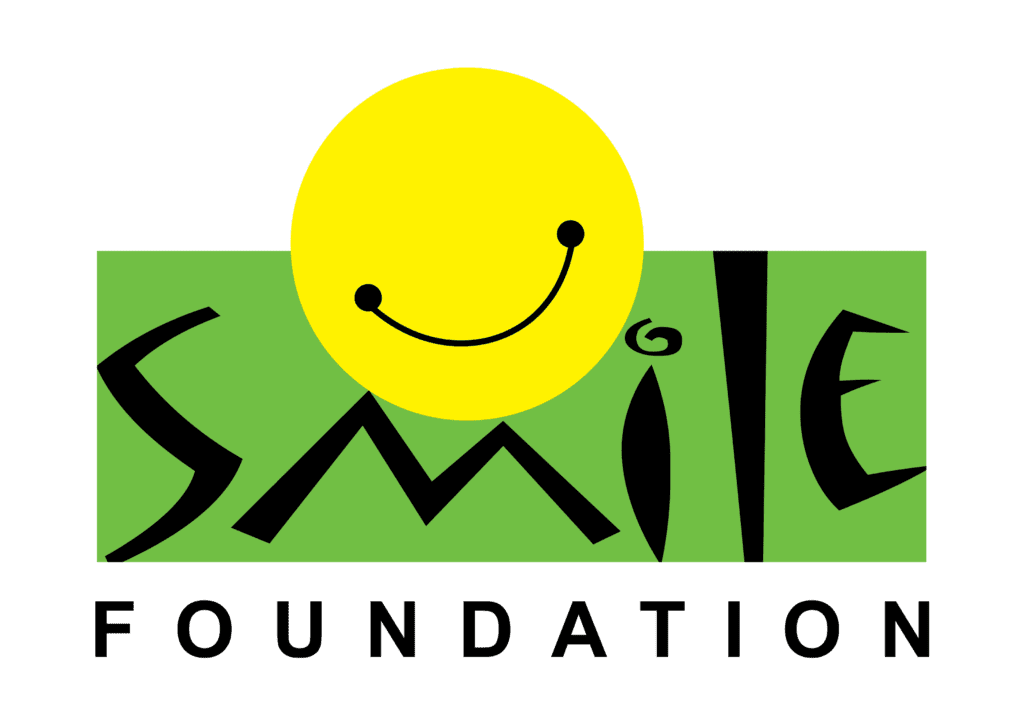School children, teachers and elders in Artwav village of Dhorimanna block, Barmer district in Rajasthan, marked the World Health Day by taking a pledge to save lives and setting an example in washing their hands with soap before eating and after defecation.
The same day, girl students from the Nursing College in the district, took to the streets and rallied for spreading health awareness in different villages of Baitu block, backed by the CMHO; District AYUSH Coordinator; PMO District Hospital; District IEC coordinator; Pradhan, Panchayat Samiti; ASHA and AWW.
This health-seeking young generation is leading the change that began to unfold three years ago when the Smile on Wheels mobile hospital programme was initiated in the district. The project currently covers 62 villages from Sindhari, Baitu and Dhorimanna blocks.
Barmer is the second largest district of Rajasthan, nestled in the Great Indian Desert of Thar, along the India-Pakistan border. Apart from tough climatic conditions, the area has been notorious for its alarmingly high infant mortality rate of 82.3%, the fifth highest in India. Healthcare had long been such an acute problem in the district that water had been easier to seek than healthcare for many, across the stark desert landscape.
What makes provisioning of healthcare in Barmer challenging is its settlement pattern of dispersed small hamlets, with a thin density of 92 people per sq. km., making locating a public health facility within easy reach a daunting task. The nearest CHC is at an average distance of 24kms from the villages.
Adding to the inaccessibility of healthcare is the extreme poverty of the community, with Barmer being listed among the 250 most backward districts in India. The cost of travelling to a distant medical facility, in addition to losing a day’s wage, is a significant burden for this poor community. Lack of awareness has been paramount as extremely low education levels translate to low appreciation of medical symptoms and benefits of modern medical procedures.
All this meant that the villagers had been living with debilitating illnesses for years, enduring the pain either without understanding their health problems or by ignoring them. Social taboos and gender bias had made healthcare even more remote for women in Barmer.
Since the people could not reach the medical facilities, Smile Foundation decided to take healthcare services to their doorstep by initiating Smile on Wheels mobile hospital programme in the district, with support from Cairn India.
But this was just the beginning of a challenging journey. The villagers, who had long been dependent on quacks for all their ailments, had developed a deep mistrust of medical professionals and were unwilling to avail of the services being provided by the mobile hospital. The project team had to go on door to door visits in every village and conduct rigorous mobilization sessions to spread awareness about the importance of health and benefits of modern medical facilities.
The results have been satisfying. Once the people started visiting the mobile hospital, some only out of curiosity, some hearing about people who had got cured, the project was accepted in the community. Those who had long been suffering began getting relief. The news spread quickly in the farther villages and demands were made to make the healthcare services available in other blocks too. Eventually, the project that had begun with one mobile hospital covering 20 villages was expanded to three mobile hospital units which now cover 62 villages. These green and yellow Smile on Wheels make for a pretty sight against the golden hues of the desert sand as they race from village to village bringing much required quality healthcare to the doorsteps of thousands of isolated people. Multi-specialty health camps are organised to complement the primary health services that are provided through the regular mobile hospital programme.
“The change that has come is amazing. I went for a project visit in the peak of summer
it was a hot afternoon and you can imagine the soaring temperatures in a place like Barmer. I thought no one would come to the mobile hospital that day, but then I noticed something – a woman’s shape had materialized from behind a sand dune. She was followed by many others, all carrying medical slips from their last visit. These people had walked down from the neighbouring village and from that distance could not have heard the announcement that is made when the Smile on Wheels comes to a village. But they had remembered the time and date. It turned out to be a busy afternoon as usual for the doctors”, shares Smile Foundation’s Chief Manager for Programmes, Satnam Singh.
|
Besides providing curative health services, inculcating a health seeking behaviour in the community to make the change sustain, is an important aspect under the project. Innovative activities like School Health Programme and folk dance and drama are used to sensitize the villagers about vital health issues.
Women and children from the community are paid special attention under the project, as they are more susceptible to health problems. During the initial phase, the women participation was low; but Smile on Wheels has been successful in breaking through social barriers. Women, along with children, formed 54% of the total beneficiaries last year.
With the Department of Health and NRHM, Smile Foundation has also been running a campaign called ‘Padharo Mahari Lado’, to prevent the prevalent practice of female foeticide in the district. Today, when a girl child is born in a village, the whole community celebrates and traditional customs like beating of a ‘thali’ are performed. The symbolism is gradually taking the shape of a custom.
Along with the community, the government departments and health officials have been instrumental in making the project a success. A strong relationship has been developed with the Department of Health, NRHM, block level officials, ASHA and ANM, to maximize the benefit to the villagers. “The health programmes and campaigns being carried out by Smile Foundation have helped strengthen the health delivery system in Barmer”, says the Chief Medical and Health Officer of Barmer, Mr. Jitendra Singh, who has been an active participant in all the initiatives organized under the project. The project has also been lauded by the local media, eminent industrialists, and even the 53 Armoured Regiment of the Indian Army.
The Smile on Wheels project in Barmer directly benefitted more than 70,000 people last year. Sitaram Nain, one of the Project Coordinators of Smile Foundation in Barmer, holds his head high as he says, “It is heartening to see that the next generation in the villages is growing up with the knowledge that they have to take a bath daily, brush their teeth, wash their hands and go neatly dressed to school. It is these small changes that will make a difference in the long run.”




